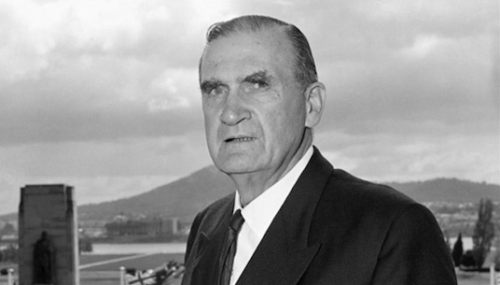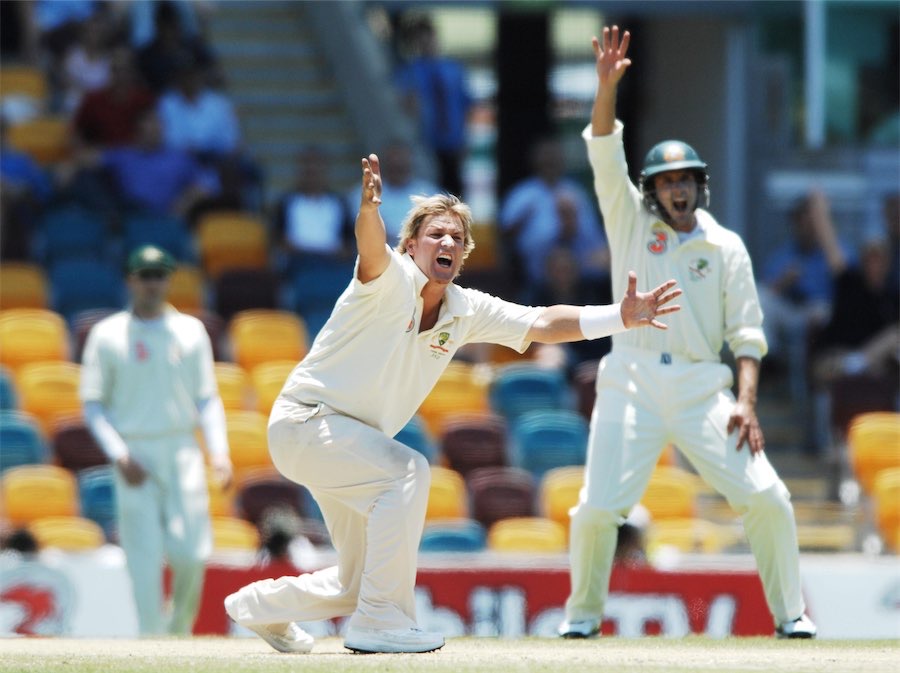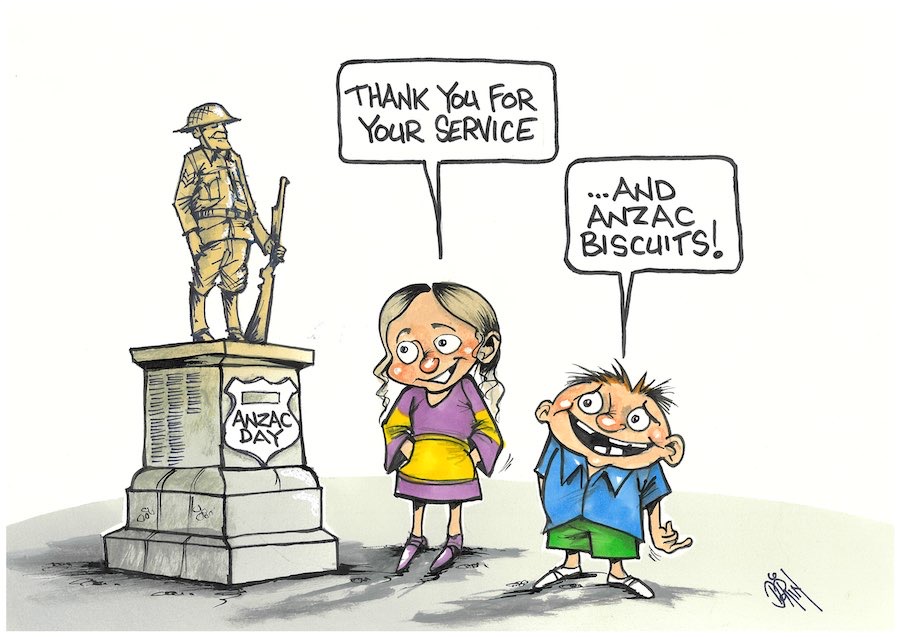
“The Albanese government can now complete the circle of light by having the governor-general pardon Witness K as an exercise of the ‘prerogative of mercy’,” says legal columnist HUGH SELBY.
WITNESS K, an Australian government employee, blew the whistle in 2013 on earlier shenanigans by other employees intended to “do over” our near-north neighbours, Timor-Leste, with whom we were in negotiations about the divvying up of valuable undersea resources.

The expected income from the sale of those resources was an important contribution to developing a viable economy for our neighbour.
Our “official” conduct – an act of bastardy – destroyed whatever belief there might have been among those neighbours as to our capacity to behave with honour and with genuine commitment to building their post-colonial capacity.
Fortunately, steps were taken in the years after the exposure of our bad acts to repair the damage. Plaudits for getting that, at least, right.
No such approval though for the petty, drawn out, vengeful, “shoot-the-messenger” campaign waged against the whistleblower, Witness K.
They pursued him with secret hearings until he pleaded guilty, was convicted, and given a three-month suspended imprisonment sentence.
His crime? In lay terms, breaching our security laws by revealing that we secretly played dirty on foreign soil.
Prosecutions do not inevitably follow a breach of a law. Prosecution guidelines require, among other factors, an assessment both of the public interest, and any unusual features of a case. This is about as close as our legal system gets to acknowledging so-called “natural law” and morality. But at least there is this opening and it is real, not imagined.
Given that what we did was inexcusable, and that we later took steps to put it right, what public interest can there be in prosecuting and punishing the person courageous enough to bring it to light?
Deterring others from blowing the whistle on future abhorrent conduct is the likely justification. That is a worrying development. This was a case about economic exploitation. It was not about saving Australian lives that were in jeopardy, where that end can “justify” means that would be otherwise awful.
The exposure of wrongful conduct by public officials is now recognised as a key component of good government. That is why we now have, at long last, a National Anti-Corruption Commission. Witness K had no such body to receive his information.
The Albanese government inherited a second limb of this scandal, that being the prosecution of ACT lawyer Bernard Collaery who had advised Witness K. Sensibly, Attorney-General Mark Dreyfus discontinued that prosecution.
The Albanese government can now complete the circle of light by having the governor-general pardon Witness K as an exercise of the “prerogative of mercy”.
That will show a real commitment to the purposes of the new anti-corruption law, along with the affirmation of the public interest, not cover up as a real criterion when deciding to prosecute or not.
Analysis by highly regarded judges of the exercise of the “prerogative of mercy” include comments such as that of the English Lord Diplock in 1976 that: “Mercy is not the subject of legal rights. It begins where legal rights end”. Pardons are exceedingly rare. However, Witness K falls into the “exceptional circumstances” category.
Each year there are Australians of the Year. There are also Australians who are awarded recognition for their service to our community, both under the honours system and awards for bravery.
Witness K deserves not the opprobrium of a conviction but the recognition of a grateful nation. Let’s hope that the attorney-general and his colleagues in the labor government share the belief that two steps are necessary: first, to pardon him; and secondly to honour him.
It’s never too late to right a wrong. Sooner is, however, better than later. Now is best, especially on Australia Day.
Hugh Selby is our legal affairs commentator. His free podcasts on “Witness Essentials” and “Advocacy in court: preparation and performance” can be heard on the best known podcast sites.
Who can be trusted?
In a world of spin and confusion, there’s never been a more important time to support independent journalism in Canberra.
If you trust our work online and want to enforce the power of independent voices, I invite you to make a small contribution.
Every dollar of support is invested back into our journalism to help keep citynews.com.au strong and free.
Thank you,
Ian Meikle, editor





Leave a Reply